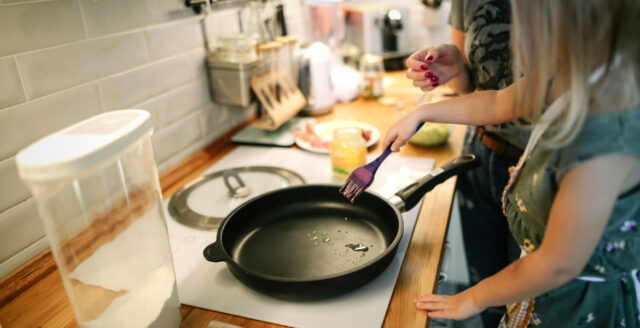Between 2021 and 2023, food prices in Sweden rose by over 28 percent – a price development not seen in decades. Now, the Swedish Competition Authority (Konkurrensverket) has released a report showing that price increases on several basic food items in stores have exceeded what can be explained by increased costs in the supply chain.
The authority points to lack of competition, particularly in the grocery retail sector, as a crucial factor behind the high prices.
The Competition Authority's report - a follow-up to a previous analysis from 2024 - shows that grocery retail, food industry, and its wholesalers have maintained stable profitability over the past 15 years - even during the period when food prices rose sharply.
According to the authority, this means that price increases in stores cannot be explained solely by increased costs, but that retailers in many cases have raised prices more than cost developments would justify.
Our analysis shows that profitability in the industry has remained stable for a long time, even during the years when prices rose sharply. This reinforces our previous assessment that competition in parts of the food supply chain is insufficient, says Director General Marie Östman.
Competition deficiencies in focus
The Swedish Competition Authority concludes that high market concentration, barriers to entry for new players, and restrictions in trade agreements contribute to keeping prices high.
ICA, Sweden's largest grocery retailer with a market share of around 50 percent, is being specifically investigated to determine if the company's actions may have limited competition.
– Well-functioning competition drives down prices and improves efficiency. The overall picture from our analyses shows that there is room for improvement, particularly in the retail sector, which ultimately can benefit consumers and moderate store prices, says Marie Östman.

The unjustified price increases affect household economies, especially for low-income earners and pensioners where food costs constitute a large part of their budget.
Several basic goods such as butter, bread, cheese, and potatoes have seen particularly large price increases in stores, exceeding cost increases from suppliers.
Food prices have repeatedly sparked debate in the Riksdag , and among consumer organizations demanding stricter regulations to counter market power and promote competition.
The Swedish Competition Authority continues its investigation of the grocery retail sector and intends to propose measures to increase competition and improve market functionality.





